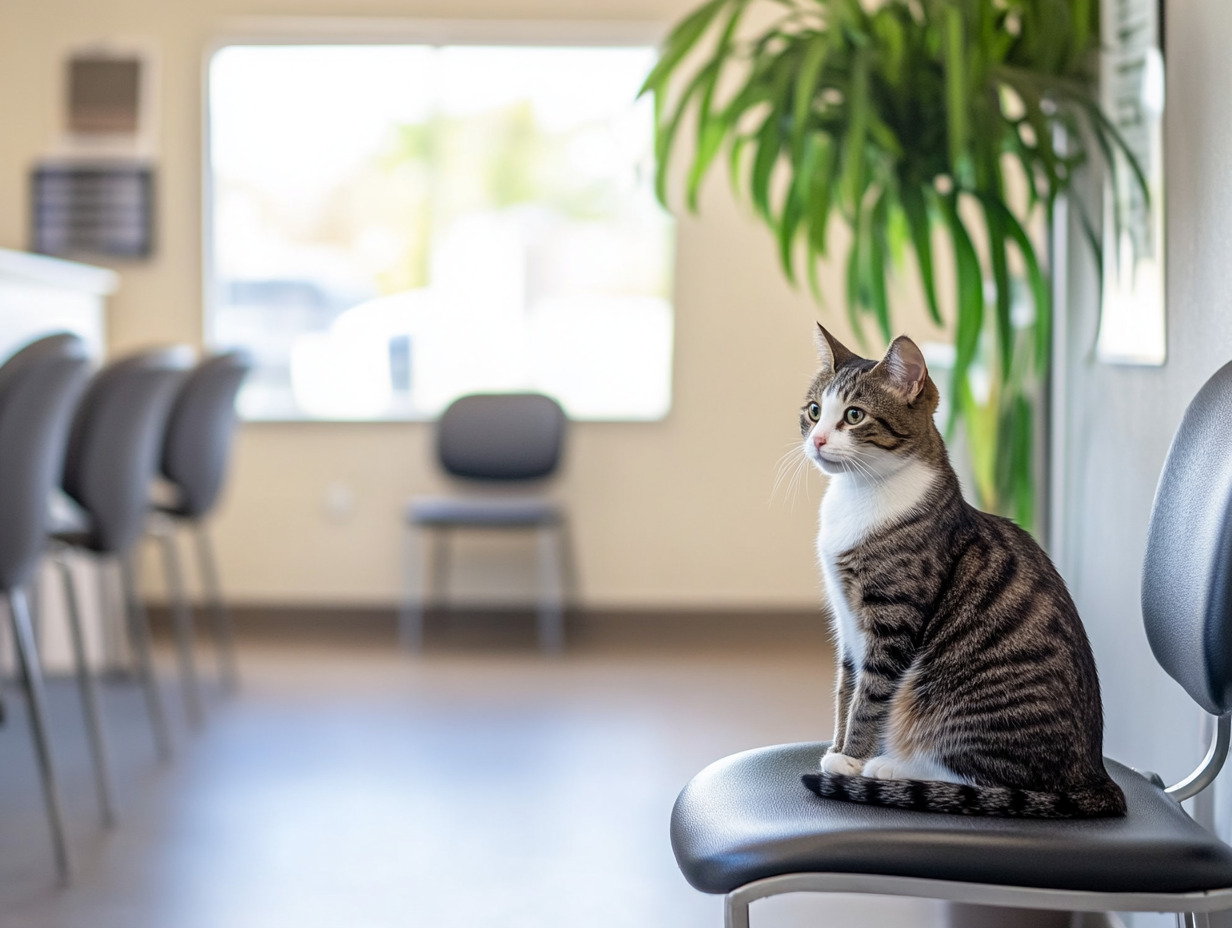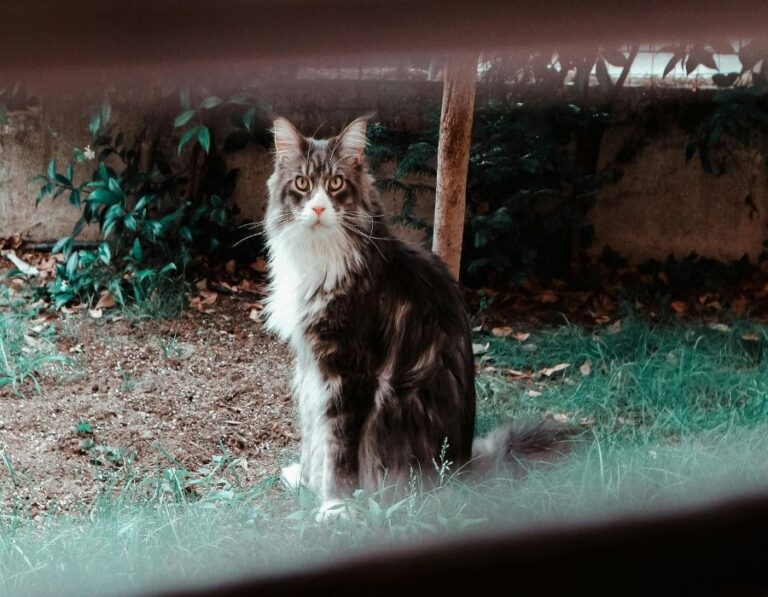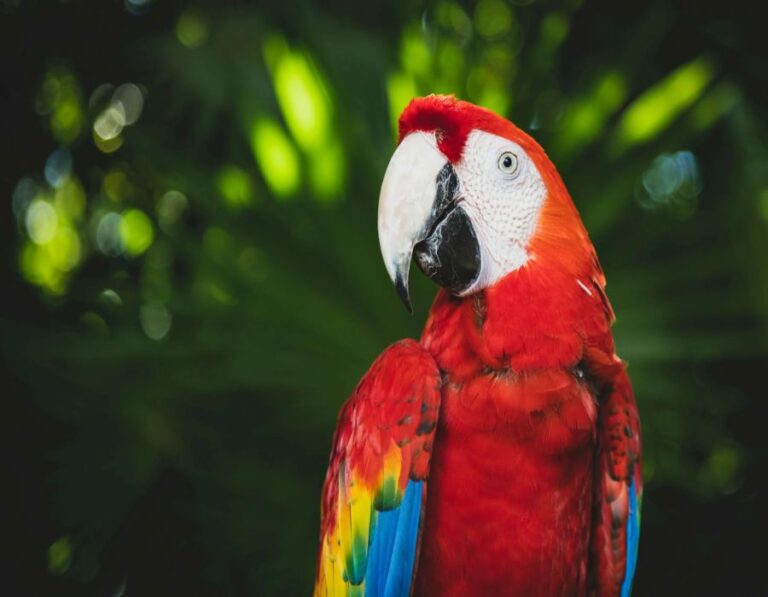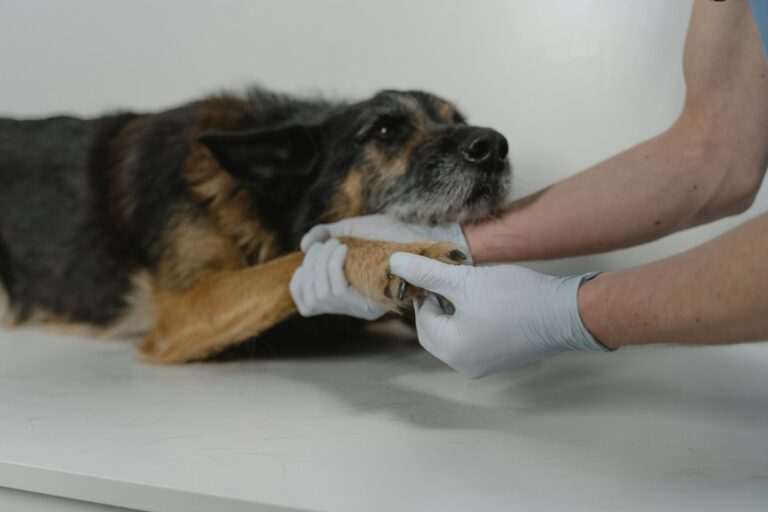The Importance of Regular Vet Checkups: What to Expect at Your Cat’s Vet Visit
Regular veterinary checkups are essential to ensure your cat stays healthy, happy, and comfortable throughout their life. Cats are often masters at hiding illness or discomfort, so routine vet visits help catch potential health problems early, before they become serious. Preventive care, monitoring, and timely treatment during these appointments contribute significantly to your cat’s overall well-being. Here’s why regular vet checkups are important and what you can expect at your cat’s visit.
Why Regular Vet Checkups Matter
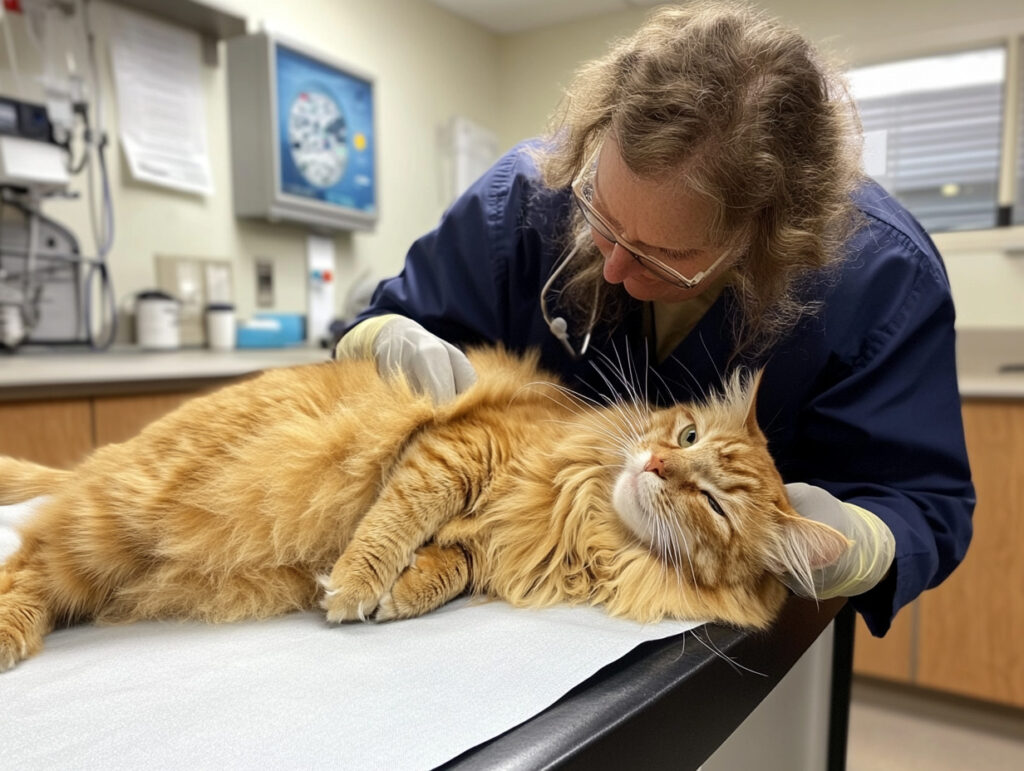
Routine vet visits allow your veterinarian to perform a comprehensive health assessment, keep vaccinations up to date, and screen for diseases that may not yet show obvious symptoms. Early detection of issues like dental disease, kidney problems, or infections greatly improves the chances of effective treatment. Regular checkups also offer a chance to discuss nutrition, behavior, and lifestyle to optimize your cat’s health.
What Happens During a Cat’s Vet Visit
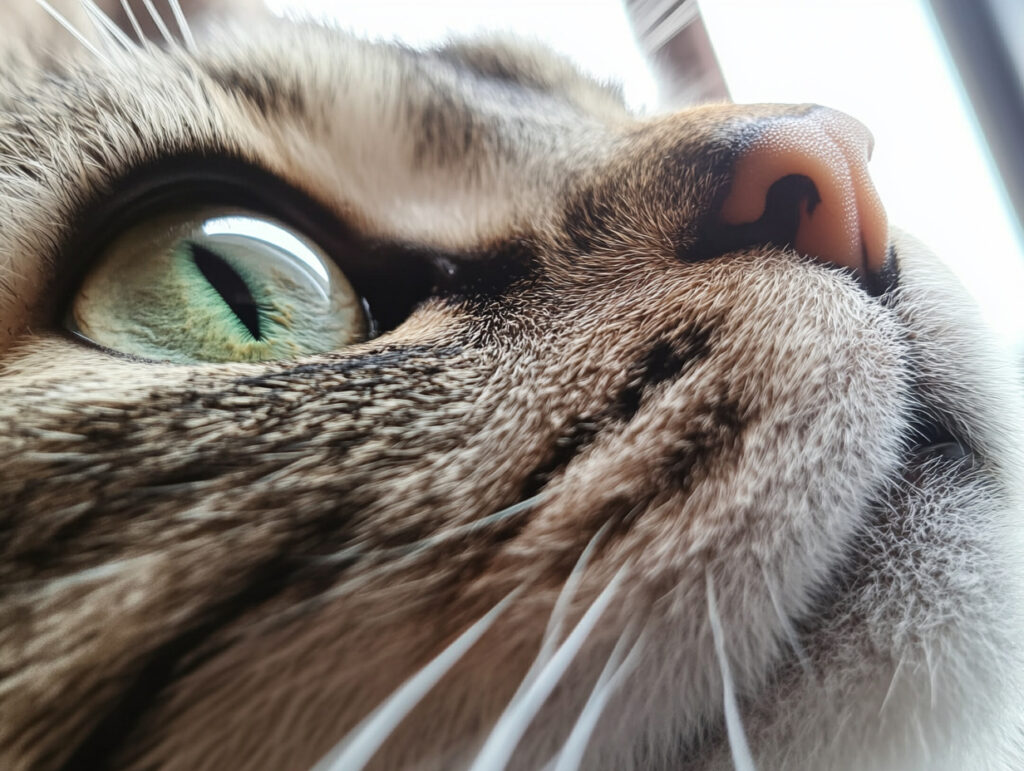
During your cat’s vet appointment, the veterinarian will perform a thorough physical exam, checking vital signs such as temperature, heart rate, and respiration. They will examine your cat’s eyes, ears, teeth, gums, coat, skin, and body condition. The vet will also palpate the abdomen to feel for abnormalities in the internal organs.
Vaccinations and Preventive Care
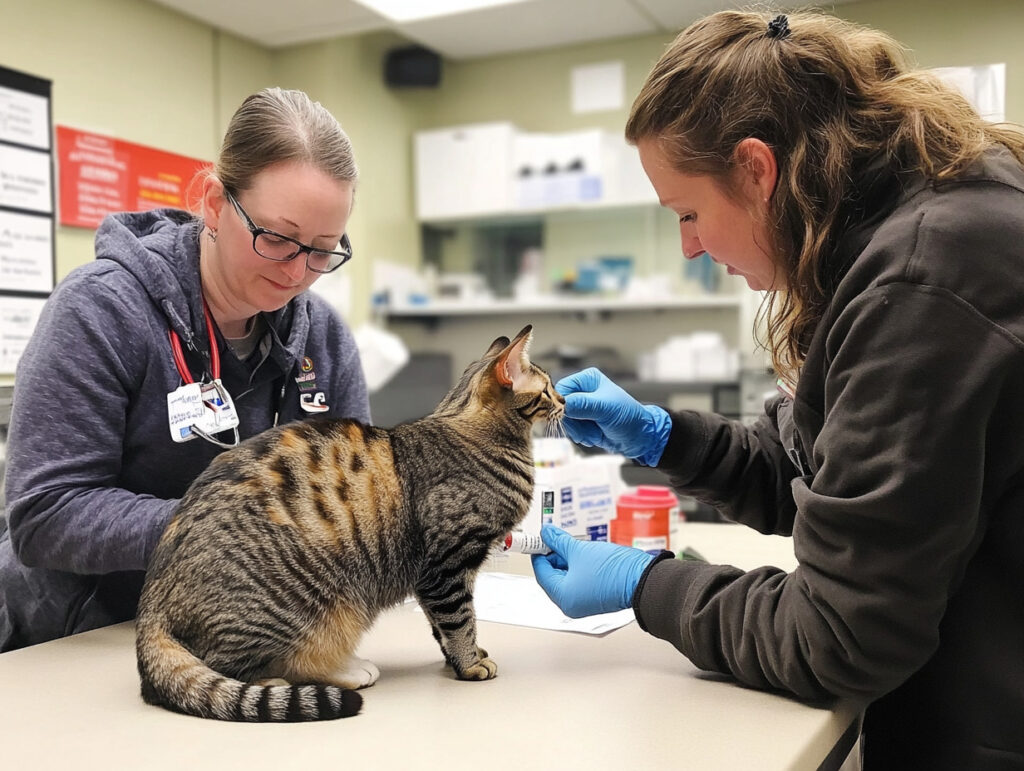
Your vet will review your cat’s vaccination history and recommend any necessary boosters to protect against common feline diseases like feline leukemia, rabies, and distemper. They will also advise on effective parasite control, including flea, tick, and worm prevention tailored to your cat’s lifestyle and environment.
Diagnostic Testing
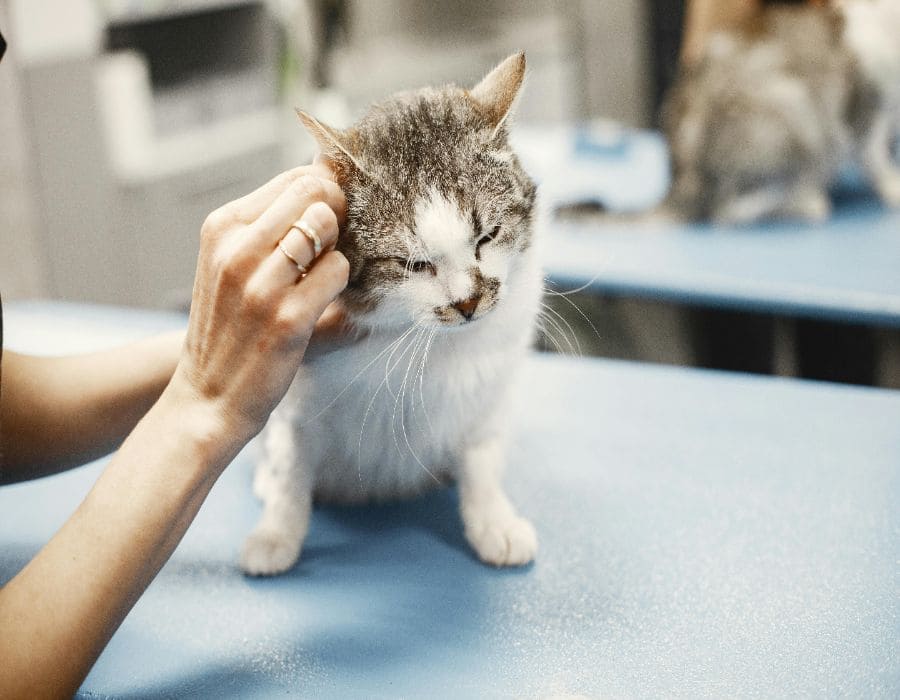
Depending on your cat’s age, breed, and health status, the vet may suggest routine blood work, urine analysis, or fecal testing to detect underlying health concerns early. Senior cats or those with health issues might require additional tests such as X-rays or ultrasounds for ongoing monitoring.
Nutrition and Behavior Discussion
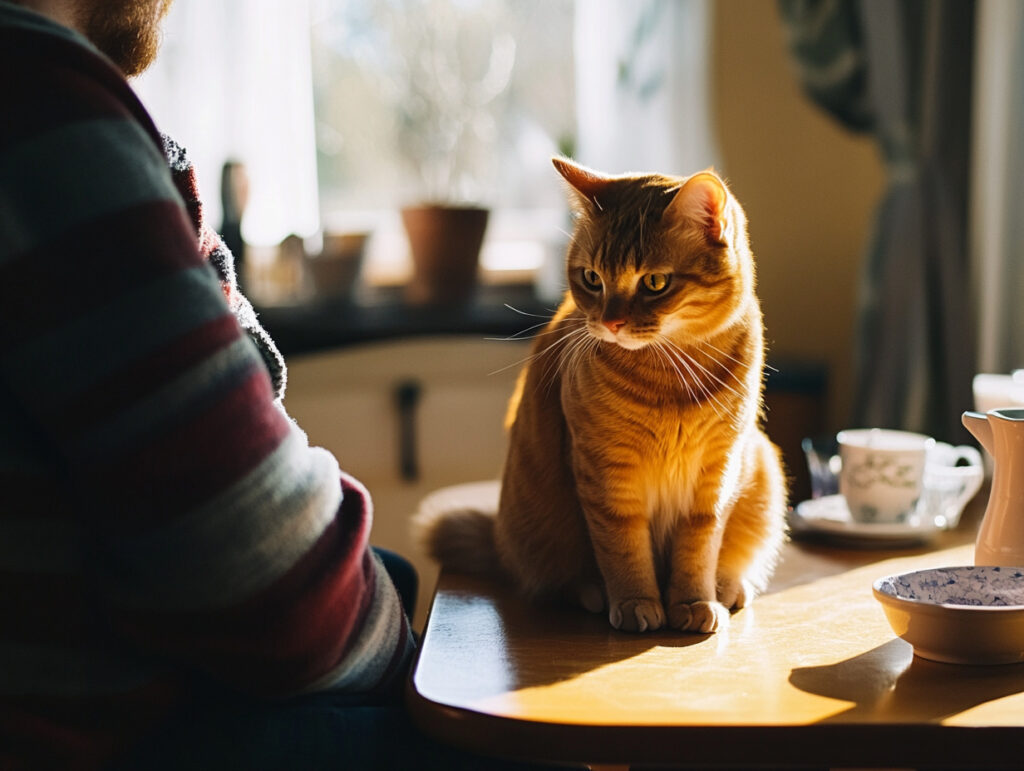
Checkups provide a valuable opportunity to discuss your cat’s diet and any changes in behavior. Your veterinarian can recommend the best nutrition plan for your cat’s age, weight, and health needs, and offer guidance on common behavioral issues like litter box problems or anxiety.
Preparing for the Visit
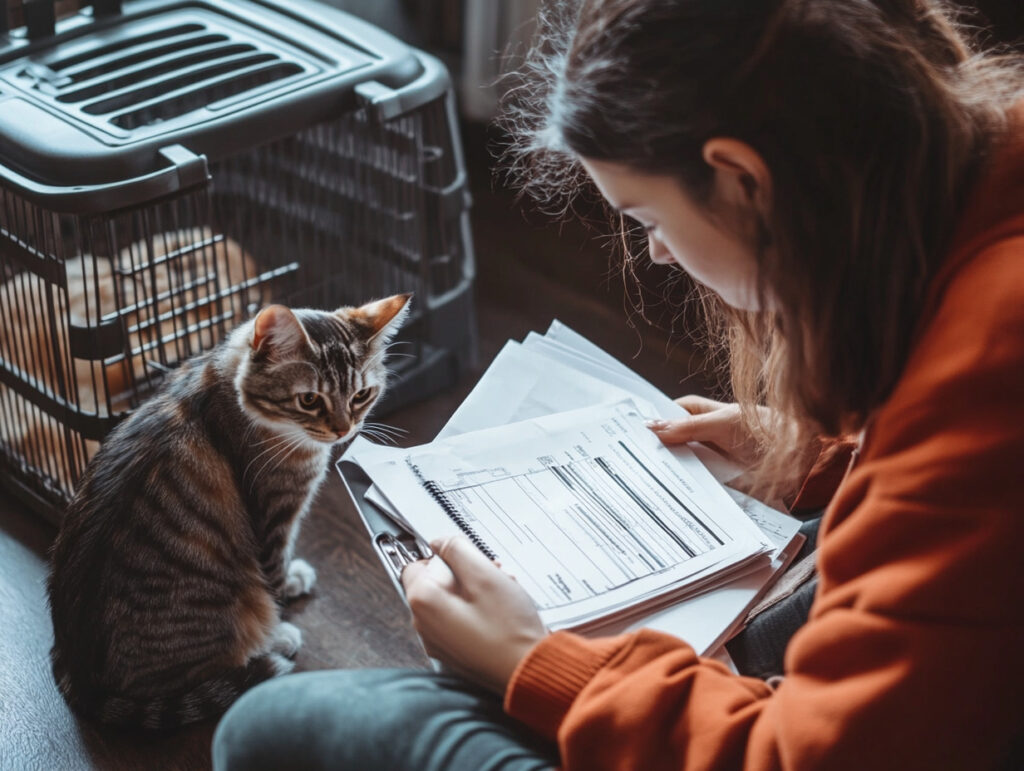
To prepare, bring your cat’s medical records, a list of any symptoms or questions, and a fresh stool sample if requested. Arrive early and keep your cat calm during transport by using a comfortable carrier and minimizing stress with familiar blankets or toys.
Keeping Your Cat Healthy with Regular Vet Care
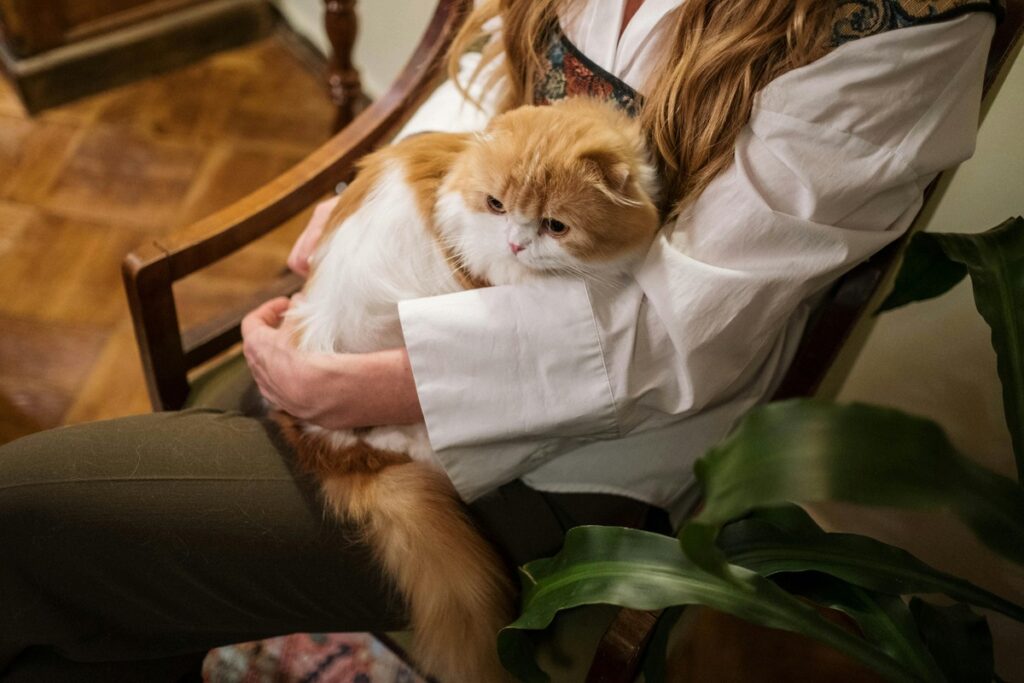
Regular veterinary checkups are crucial to maintaining your cat’s health and preventing serious illness. Knowing what to expect during the visit helps you prepare and engage fully in your cat’s care. By prioritizing routine vet visits, you ensure your feline companion enjoys a long, healthy, and happy life as a cherished member of your family.

